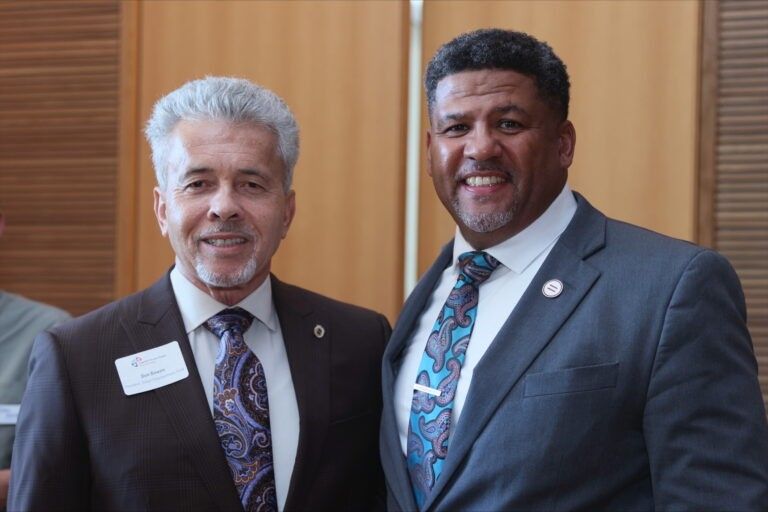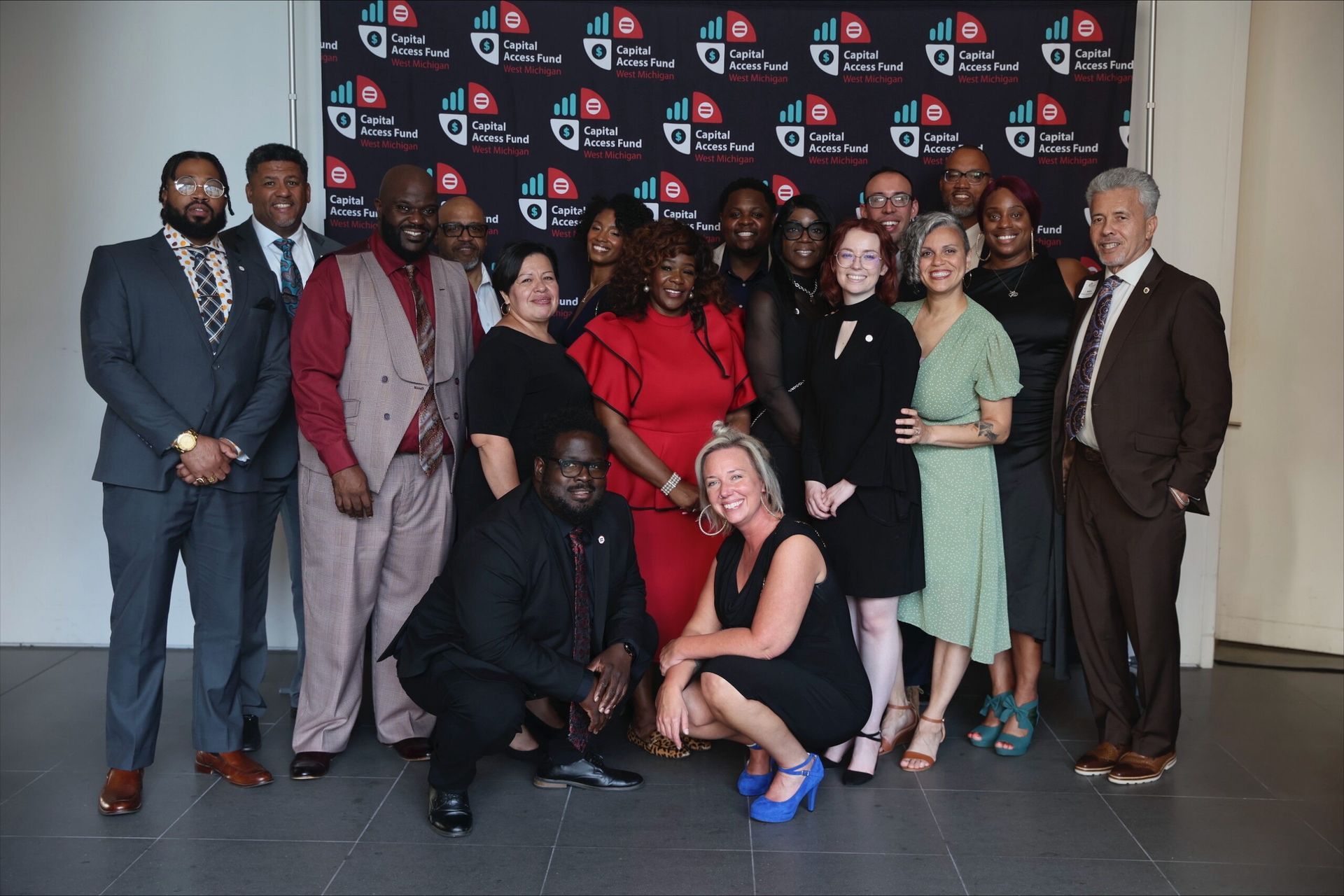NEW $3.25M LOAN FUND LAUNCHES TO BACK MINORITY-OWNED BUSINESSES
Mark Sanchez - July 7, 2025
A new loan fund aims to back minority-owned businesses in the Grand Rapids area and raise inclusion in the local economy with hopes to grow in the years ahead to $25 million to lend.
Backed by funding that Kent County commissioners allocated in late 2022 from its share of the federal American Rescue Plan Act, the $3.25-million Capital Access Fund of West Michigan will offer loans of $10,000 to up to $250,000 to minority small business owners.
"We're active and trying to help people be able to participate in this economy and grow their businesses," said Eric Brown, president and CEO of the Urban Legue of West Michigan, which partnered with three community organizations to create the revolving loan fund. "The goal of this is to be a catalyst in making our economy work for all and become more inclusive."
Other partners in the Capital Access Fund of West Michigan include the Boston Square Neighborhood Association, Grand Rapids Media Initiative & Film Incubator, and Legacy & Love LLC.
Fund organizers want to support minority-owned businesses that may have difficulty accessing credit or capital from traditional sources because they lack collateral, for example.
They hope to "help a significant number of businesses grow and expand so that we're contributing to and increasing overall inclusion in the regional economy in West Michigan,"Brown said.

"We know through various data sources and reports and research that this is a hole in the financial services market that needs to be filled," Brown told Crain's Gand Rapids Business. "This is one of the tools that we think is going to be a catalyst in the community to spur economic growth through the growth of minority businesses that have traditionally been undercapitalized and very hard to provide financing for, so it keeps them from being able to grow."
A federally certified community development financial institution (CDFI), the Capital Access Fund of West Michigan will lend to small companies that have been in business for at least two years and are looking to scale and grow.
Founders hope to eventually build a $25 million revolving loan fund within a few years "and continue to grow," Brown said.
The fund intends to apply to the U.S. Department of the Treasury's CDFI Fund for support for lending and has already applied for $125,000 to provide technical assistance to small businesses.
CDFIs were created during the Clinton administration via the Riegle Community Development and Regulatory Improvement Act of 1994. The nonprofits fund loans and business development and provide technical and financial assistance to small businesses in communities around the country.

The Trump administration has targeted the CDFI Fund for spending cuts, although Brown is hopeful that Congress will preserve funding for the program.
"We're going to exhaust all opportunities" in seeking funding, he said. "We have to play the landscape that we're in."
The Capital Access Fund of West Michigan also will seek financial support from banks and credit unions in the market whose investments could later create new clients and borrowers once they qualify for conventional commercial credit.
"The financial institutions here in town have an interest in having CDFIs being strong and successful because, generally, it's going to provide them clients in the future — clients that they can't work with now, but clients that they can work with in the future," Brown said. "It benefits everybody to have strong CDFIs within the economy, and for those like ours that are focusing on a particular segment, it's even more so important."
The Capital Access Fund of West Michigan had a soft opening two months to test systems and publicly launched June 30. Organizers worked with the National Urban League's Empowerment Fund to set up processes for operating and handling requests.
As a CDFI, the fund matches the credit it provides with technical assistance such as business coaching and education to support business owners. The fund has partnered with organizations such as the Michigan Small Business Development Center and fellow Grand Rapids-based CDFI Grow to provide technical assistance.
In some instances, the technical assistance will prepare and enable a small business owner to qualify for a CDFI loan after building internal processes and business acumen.
"We work with them to get them loan-ready," Brown said.
Mark Sanchez
Mark Sanchez is a reporter covering finance and health care for Crain's Grand Rapids Business. He previously worked for 11 years at MiBiz. Email Mark at mark.sanchez@crain.com.
